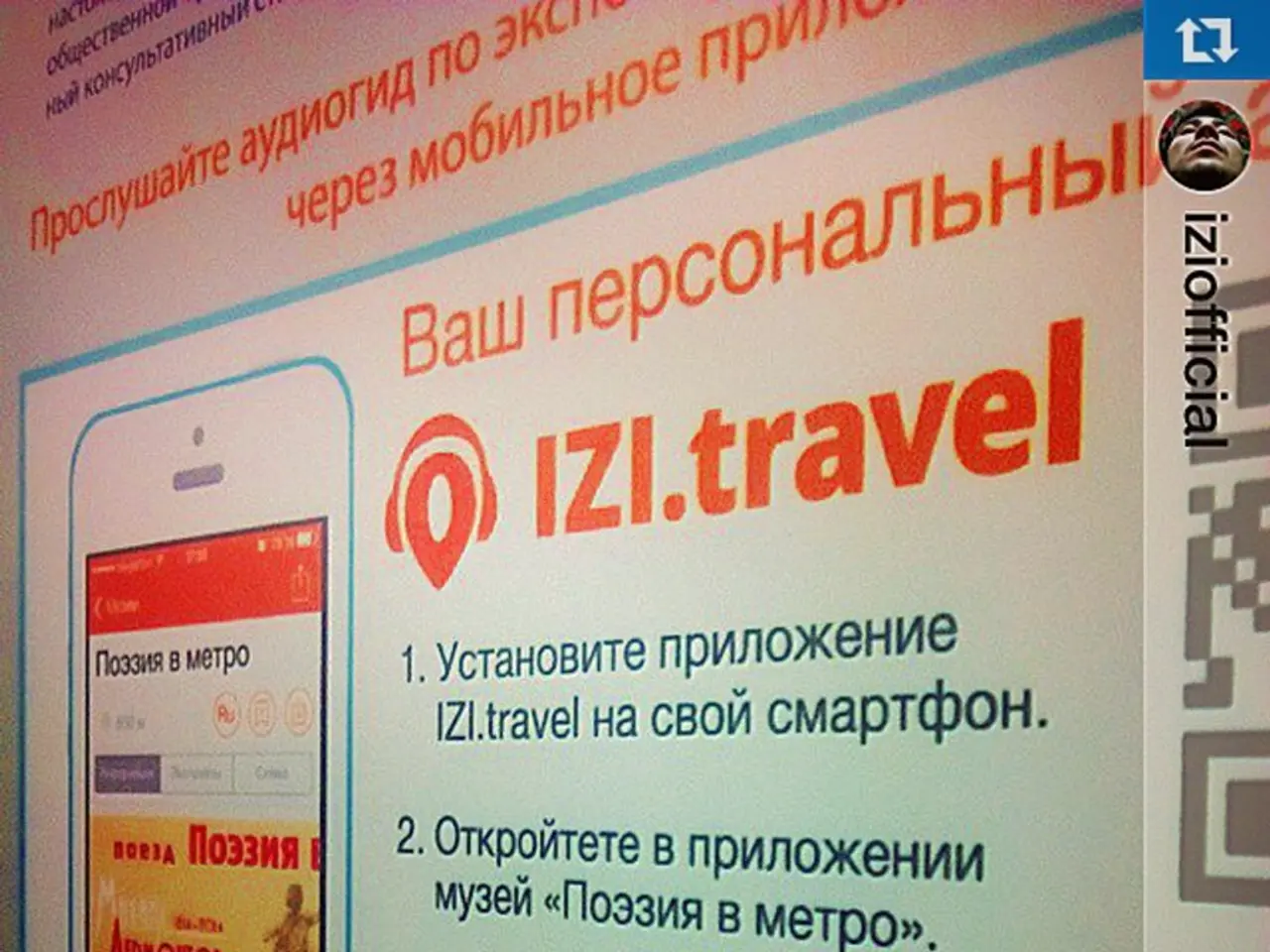Advertising restrictions are becoming less reasonable given the latest advancements in Advertising Technology (AdTech) innovations.
In the rapidly evolving world of online advertising, tech giants Google and Meta are leading the charge, leveraging AI and automation to deliver optimized, multi-platform campaigns while adapting to stringent privacy regulations.
Google, with its 2023 deadline to phase out third-party cookies on Chrome, is introducing Performance Max (PMax) campaigns. These innovative solutions employ advanced AI to serve ads across all Google properties and optimize in real-time towards specific advertiser goals, without traditional keyword targeting. PMax offers improved transparency at the asset level and eases audience signal creation via AI suggestions [1].
Moreover, Google is emphasizing visual content like AI-generated videos and interactive YouTube Shorts to engage users more effectively [1].
Meta, under the Andromeda initiative, has advanced its AI-powered advertising automation with the Advantage+ platform. Advertisers can define campaign objectives and upload core assets, with AI generating multiple creative and copy variations. This reduces reliance on manual coordination for creatives and allows near-real-time iteration, improving campaign speed and personalization at scale [3].
Both companies address user privacy through the use of first-party data models and 'walled-garden' ecosystems. User information collected within their platforms is utilized to personalize ads without relying on third-party cookies. These first-party identification approaches aim to balance privacy preservation and ad effectiveness by limiting data sharing outside their controlled environments and implementing stricter safeguards [2][4].
Meta is also testing a tool called Private Conversion Lift, allowing advertisers to request target audiences and measure the subsequent sales uplift to the test group [5]. Meanwhile, Meta's Conversions API is designed to gradually replace the "Pixel" tool used to measure users' interactions with ads on the Facebook platform [6].
The benefits of targeted online ads are threefold: they show consumers relevant ads, make ad spend more cost-effective for advertisers, and generate income for websites and app publishers [7]. Millions of enterprises benefit from this ability to show their wares to interested customers through targeted online ads, and consumers prefer to see ads tailored to their needs rather than being blanketed with irrelevant messages [8].
The digital economy thrives on targeted online ads, making them an essential part of the digital landscape. Policymakers and civil society should allow the private sector to innovate and develop novel technologies that improve welfare for everyone, including publishers who can continue to earn billions in advertising income [9].
Google is also collaborating with Mozilla to develop Interoperable Private Attribution (IPA), a tool that aggregates advertising outcomes without individual tracing [10]. Meta is innovating in the adtech space with the Conversions API, a tool for advertisers to more accurately identify which of their ad campaigns helped bring about new customers [6].
The future of online advertising lies in the balance between privacy preservation and effective ad delivery. With their focus on AI-driven campaign automation, enhanced content formats, and first-party data models, Google and Meta are setting the stage for a privacy-conscious, yet effective, digital advertising landscape.
[1] Google (2021). Performance Max (PMax) Campaigns
[2] Google (2022). Privacy Policy
[3] Meta (2021). Advantage
[4] Meta (2022). Advertiser Guidelines
[5] Meta (2022). Private Conversion Lift
[6] Meta (2021). Conversions API
[7] IAB (2020). The Power of Digital Advertising
[8] Advertiser Perceptions (2021). The State of the Digital Advertising Industry
[9] CGD (2020). The Future of Online Advertising
[10] Mozilla (2021). Interoperable Private Attribution
- Google's Performance Max (PMax) campaigns, scheduled to be introduced in 2023, are data-driven, AI-powered solutions that optimize ads across all Google properties, serving as a response to the privacy regulations in the digital economy.
- In a bid to enhance engagement, Google is focusing on visual content, particularly AI-generated videos and interactive YouTube Shorts, as part of its strategy for online advertising.
- Meta, under its Andromeda initiative, is utilizing AI to automate advertising with the Advantage+ platform, allowing advertisers to define objectives, and generating multiple creative and copy variations for improved campaign speed and personalization at scale.
- To address user privacy concerns, both Google and Meta are relying on first-party data models and 'walled-garden' ecosystems, limiting data sharing outside their controlled environments to preserve privacy while maintaining ad effectiveness.
- In the policy discourse regarding the digital economy, it is suggested that policymakers and civil society should encourage innovation in technology to improve welfare, allowing businesses to develop novel, AI-driven advertising solutions that balance privacy preservation and effective ad delivery.




